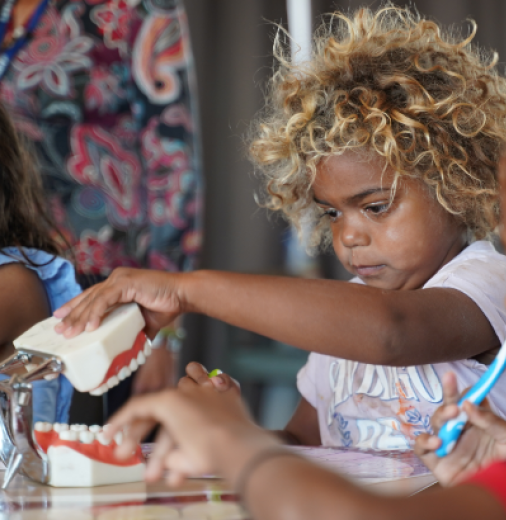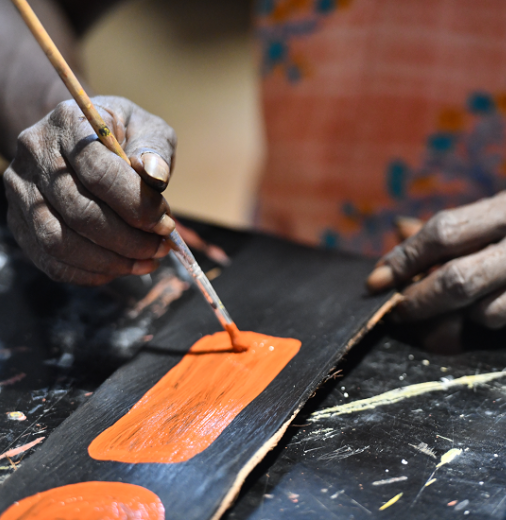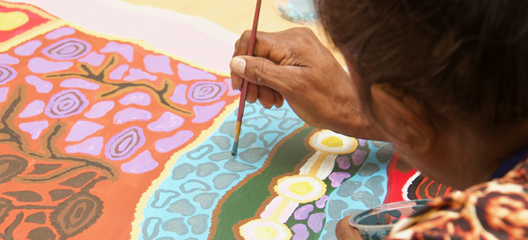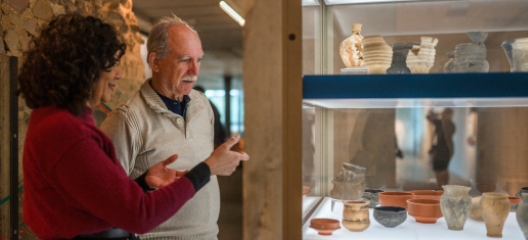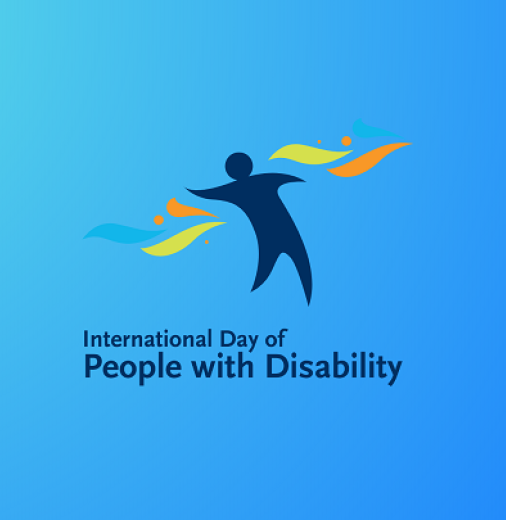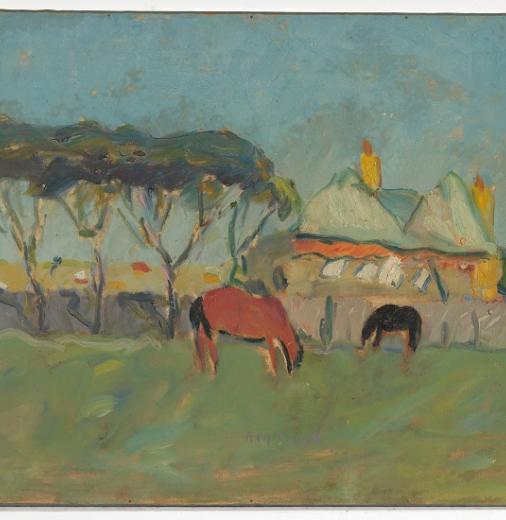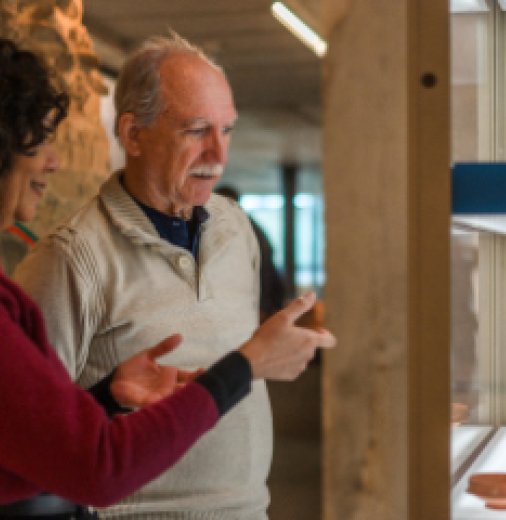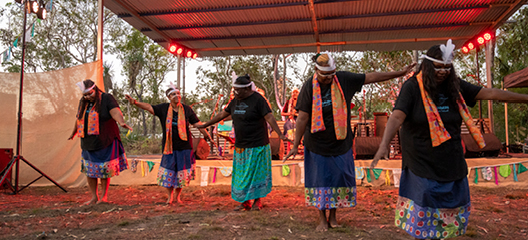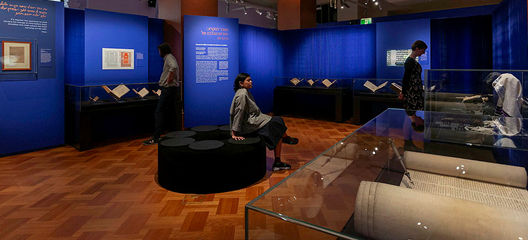The Aboriginal and Torres Strait Islander Languages Policy Partnership (LPP) is an Australian Government commitment to bring together State and Territory governments and Aboriginal and Torres Strait Islander representatives to work together to improve outcomes and accelerate action on Target 16: By 2031, there is a sustained increase in the number and strength of Aboriginal and Torres Strait Islander languages being spoken.
About the Policy Partnerships
The National Agreement on Closing the Gap makes provision for the establishment of Policy partnerships under Priority Reform One: formal partnership and shared decision making.
The National Agreement states at Clause 38, that by 2022, the Joint Council will establish a joined-up approach to 5 policy priority areas, between the Commonwealth, states and territories and Aboriginal and Torres Strait Islander representatives. The 5 policy priority areas are:
- justice (adult and youth incarceration)
- social and emotional wellbeing (mental health)
- housing
- early childhood care and development
- Aboriginal and Torres Strait Islander languages.
The Australian Government committed $9.8 million over 3 years (2022–23 to 2024–25) to establish the LPP. The Government has now committed a further $11 million over three years (2025–26 to 2027–28) to continue supporting the LPP and its work. This includes resources to support First Languages Australia as co-chair and as lead secretariat, supported by the Department of Infrastructure, Transport, Regional Development, Communications and the Arts.
You can find out more about the national peak body for Aboriginal and Torres Strait Islander languages on First Languages Australia's website.
The LPP is part of the commitment of Australian governments to the National Agreement on Closing the Gap (National Agreement). The LPP will be reviewed after 3 years, in line with the National Agreement.
The purpose of this Partnership
The primary function is to make recommendations to the Joint Council about ensuring Aboriginal and Torres Strait Islander cultures and languages are strong, supported and flourishing.
The LPP enables Aboriginal and Torres Strait Islander peoples to work in genuine partnership with governments to drive a joined-up approach to ensuring Aboriginal and Torres Strait Islander languages are strong and vibrant in their communities, spoken across generations within homes and across all aspects of life, and supported and celebrated by all levels of government and by all Australians.
Objectives
The objectives of the LPP include to:
- Establish a joined-up approach between all governments and Aboriginal and Torres Strait Islander representatives to increase the strength and use of Indigenous languages and address the loss and sharp decrease of language and culture resulting from colonisation.
- Give a focus on the Priority Reforms in the National Agreement and how they can be harnessed to make the changes needed to affect a sustained increase in the number and strength of Aboriginal and Torres Strait Islander languages being spoken.
- Identify specific measures to affect a sustainable increase in the number and strength of Aboriginal and Torres Strait Islander languages.
- Identify specific measures and mechanisms to track the increase in the number and strength of Aboriginal and Torres Strait Islander languages being spoken.
- Identify opportunities to work more effectively across governments, the Coalition of Peaks, and community organisations, reduce gaps and duplication, and improve outcomes under Closing the Gap.
- Support efforts to implement the National Agreement, including meeting targets for the Priority Reform areas and socio-economic outcomes.
- Drive Aboriginal and Torres Strait Islander community-led outcomes on Closing the Gap and support community-led development initiatives.
- Enable Aboriginal and Torres Strait Islander representatives, communities, and organisations to negotiate and implement agreements with governments to implement all Priority Reforms and policy-specific and place-based strategies to support Closing the Gap.
Read more in the Agreement to Implement the LPP.
You can find more detail about the LPP and their work on First Languages Australia's website
The Seven National Priorities of the LPP
After consultation across Australia, the LPP agreed to seven national priorities to strengthen Aboriginal and Torres Strait Islander languages and to make progress towards Target 16 of the National Agreement on Closing the Gap.
The seven national priorities of the LPP are:
- Speaking and using languages
For languages to be strong and flourishing, they must be used every day, everywhere—in all the ways community wants them to be used. - Supporting the people, groups and organisations who work in languages
For languages to be strong, the people working in languages must be supported. There must be more opportunities, resources and support for those working or wanting to work in languages. Our people, families and future generations should always be able to work in languages. - Languages legislation
Support and celebrate Aboriginal and Torres Strait Islander languages through laws. These laws should help all communities and create a safe future for languages. - Access to Country
Languages and Country are deeply connected. Languages carry and teach knowledge. Languages should be able to be taught, yarned and sung on Country. Together with Country our languages will be strong. - More funding that goes where communities need it
To do the work, communities need more funding. All governments have a responsibility to work with communities and support this work. This includes increasing funding to existing Indigenous language centres and programs, and expanding the language centre network. - Bringing languages home to the people and communities
Language materials must be returned to their Country and people. Getting language materials back can be difficult for Aboriginal and Torres Strait Islander people who are the rightful custodians. New ways and systems are needed so that communities can access and manage these materials themselves. - Help people understand the importance of Aboriginal and Torres Strait Islander languages
Raise awareness about the importance of and benefits of speaking Aboriginal and Torres Strait Islander languages within Aboriginal and Torres Strait Islander communities and to the broader Australian public.
Membership
The LPP is co-chaired by a senior official from Office for the Arts and a sector peak as nominated by Coalition of Peaks—First Languages Australia (FLA) has been selected as the peak lead.
The LPP comprises representatives from peak organisations and governments, including:
- Federal, state and territory governments
- Coalition of Peaks Lead Peak organisations:
- First Languages Australia
- Victorian Aboriginal Corporation for Languages
- First Nations Media
- Tasmanian Aboriginal Centre
- Mobile Languages Unit
- Five independent Aboriginal and Torres Strait Islander members.
Meetings
The LPP has held meetings on:
- 20–21 March 2023 in Nipaluna/Hobart
- 21–22 June 2023 on Gadigal Country/Sydney (PDF)
- 10–11 October 2023 in Rubibi/Broome (PDF)
- 12 December 2023 online (PDF)
- 12–13 March 2024 in Naarm/Melbourne (PDF)
- 11–12 June 2024 in Gimuy/Cairns (PDF)
- 3–4 September 2024 in Tandanya/Adelaide (PDF)
- 11–12 December 2024 in Meanjin/Brisbane (PDF)
- 4–5 March 2025 on Ngunnawal Country/Canberra (PDF)
- 21–2 May 2025 in Garramilla/Darwin (PDF)
Engaging with the LPP
The LPP welcomes requests for engagement from government and non-government organisations developing policies or initiatives that will impact the lives of Aboriginal and Torres Strait Islander children and their families.
To contact the LPP co-secretariat about an engagement opportunity, please email LPP@arts.gov.au or LPP@firstlanguages.org.au with your contact details and a short summary of your organisation's opportunity.
Resources
Read more about the Australian Government's commitments for Indigenous languages, including:






